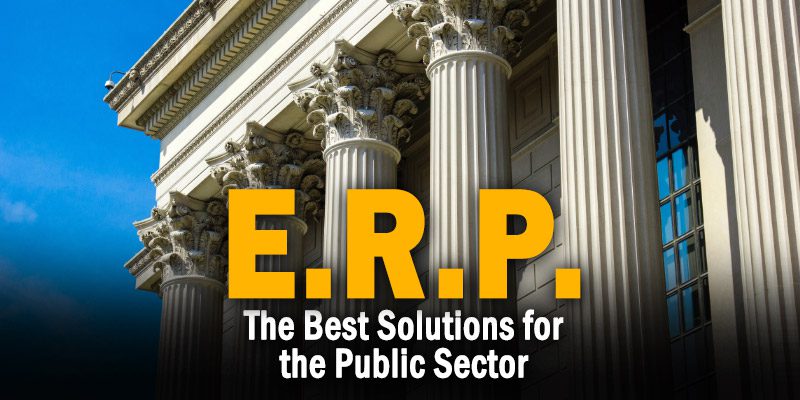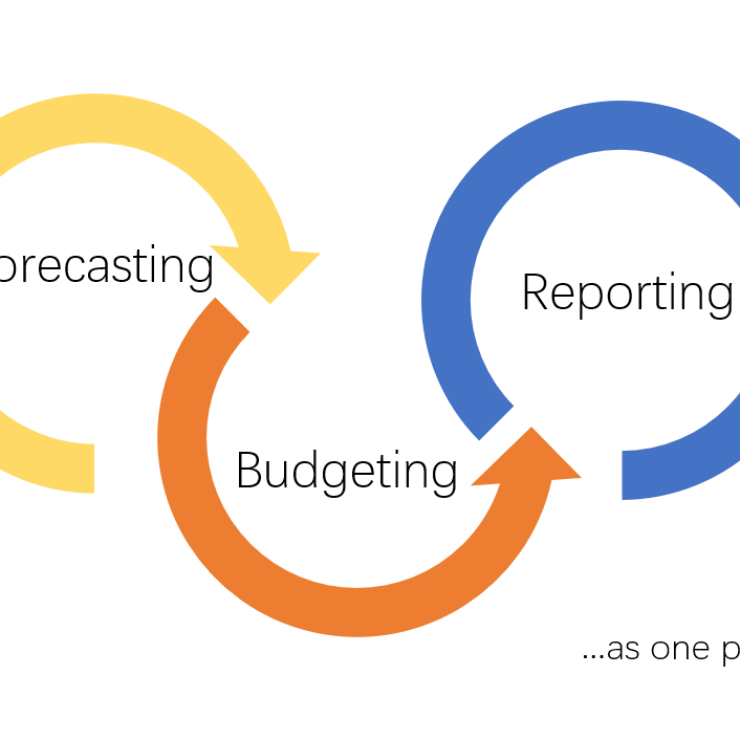Traditional bureaucratic systems often struggle to keep up with the demands of modern society, leading to inefficiencies, errors, and a lack of transparency. However, there is hope on the horizon in the form of OpenScope ERP (Enterprise Resource Planning) systems designed specifically for government use. These systems are revolutionizing the way public sector organizations operate, making them more agile, accountable, and responsive to the needs of their constituents.
What is OpenScope ERP?
OpenScope ERP is a comprehensive software solution tailored for government agencies at all levels, from local municipalities to federal departments. It integrates a wide range of functions, including finance, human resources, procurement, project management, and more into a single, unified system. What sets OpenScope ERP apart from traditional ERP systems is its open-source nature, which means that the underlying code is freely available for modification and customization.
Modernizing Public Sector Operations
-
Enhanced Efficiency: One of the most significant advantages of OpenScope ERP for government is the streamlining of operations. By centralizing data and processes, government agencies can eliminate redundant tasks, reduce paperwork, and automate routine processes. This results in a significant reduction in administrative costs and allows public servants to focus on more value-added tasks.
-
Transparency and Accountability: OpenScope ERP systems provide real-time access to financial data, procurement information, and performance metrics. This transparency allows citizens, auditors, and government officials to track spending, monitor project progress, and ensure accountability. In an age where transparency and accountability are paramount, this is a game-changer.
-
Data-Driven Decision-Making: Governments can make better-informed decisions by leveraging the wealth of data stored within the ERP system. Analytics tools and dashboards provide insights into trends, costs, and performance indicators, enabling policymakers to allocate resources more effectively and respond to changing circumstances quickly.
-
Improved Citizen Services: OpenScope ERP systems can also be integrated with public-facing portals, enabling citizens to access information, submit requests, and interact with government agencies online. This not only improves convenience for citizens but also reduces the workload on government employees by automating routine interactions.
-
Scalability and Flexibility: Government agencies come in various sizes, and their needs can change over time. OpenScope ERP systems are designed to be scalable and adaptable, allowing agencies to customize the system to meet their specific requirements. This flexibility ensures that the ERP system can grow and evolve alongside the organization.
-
Cost Savings: While the initial investment in an ERP system can be significant, the long-term cost savings are substantial. By reducing manual labor, minimizing errors, and optimizing resource allocation, government agencies can save money over time, making the ERP system a sound financial investment.
Challenges and Considerations
Implementing an OpenScope ERP system for government is not without its challenges. Some considerations include:
-
Data Security: Protecting sensitive government data is paramount. Robust cybersecurity measures and data encryption must be in place to safeguard information from breaches.
-
Change Management: Transitioning to a new ERP system can be disruptive. Adequate training and change management strategies are essential to ensure that employees adapt to the new system smoothly.
-
Customization: While customization is a strength, it must be balanced with standardization to ensure compatibility and supportability.
-
Integration: Integrating the ERP system with existing legacy systems can be complex and requires careful planning and execution.
Conclusion
OpenScope ERP for government represents a significant step forward in modernizing public sector operations. Its ability to enhance efficiency, transparency, and accountability while providing valuable data for decision-making positions it as a crucial tool for government agencies striving to meet the demands of the digital age. With the right implementation strategy and ongoing support, OpenScope ERP systems have the potential to transform government operations, making them more responsive, cost-effective, and citizen-centric. As we move into an increasingly interconnected world, the adoption of modern ERP systems for government is not just an option but a necessity to ensure the efficient functioning of public institutions.




